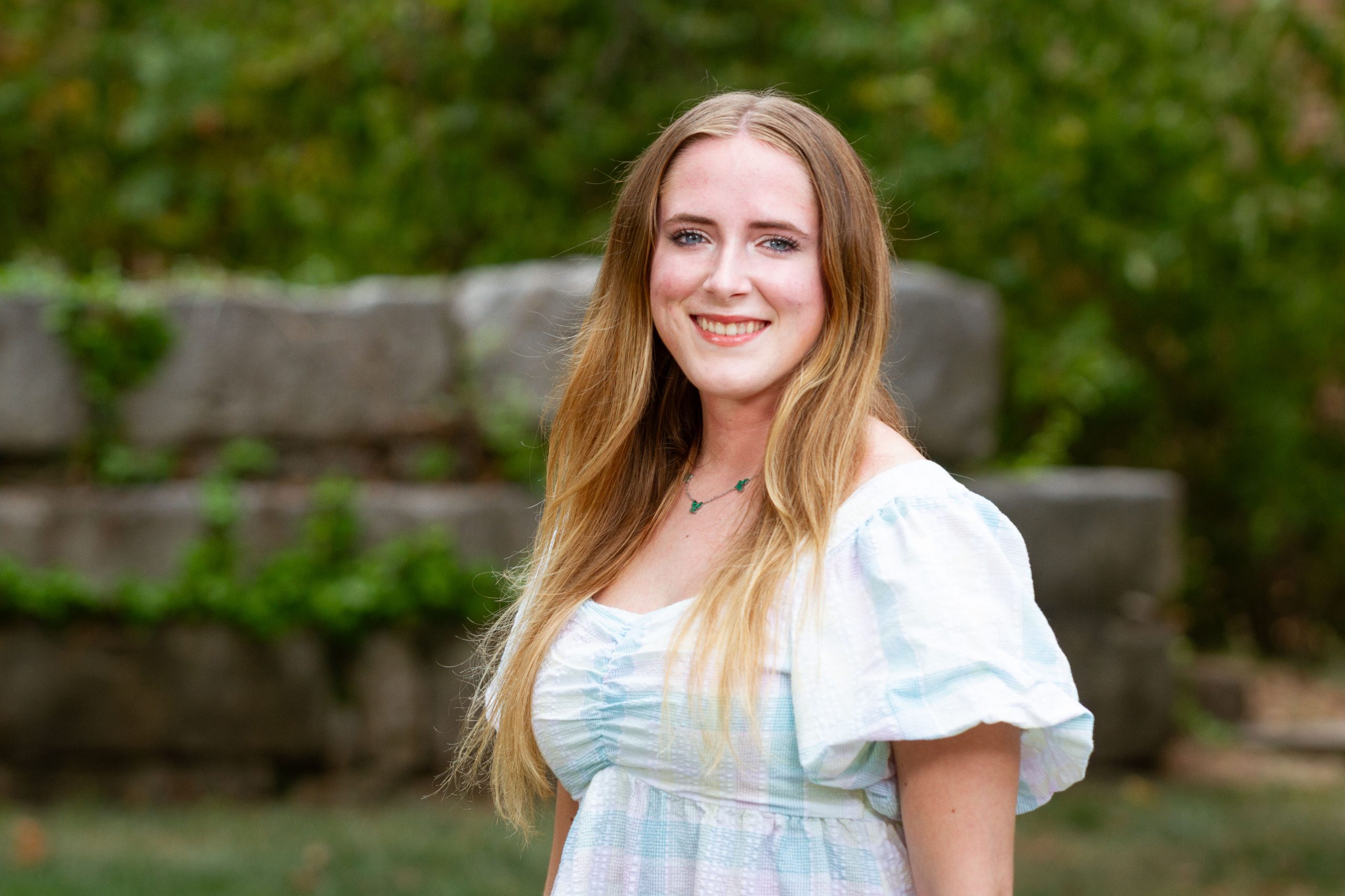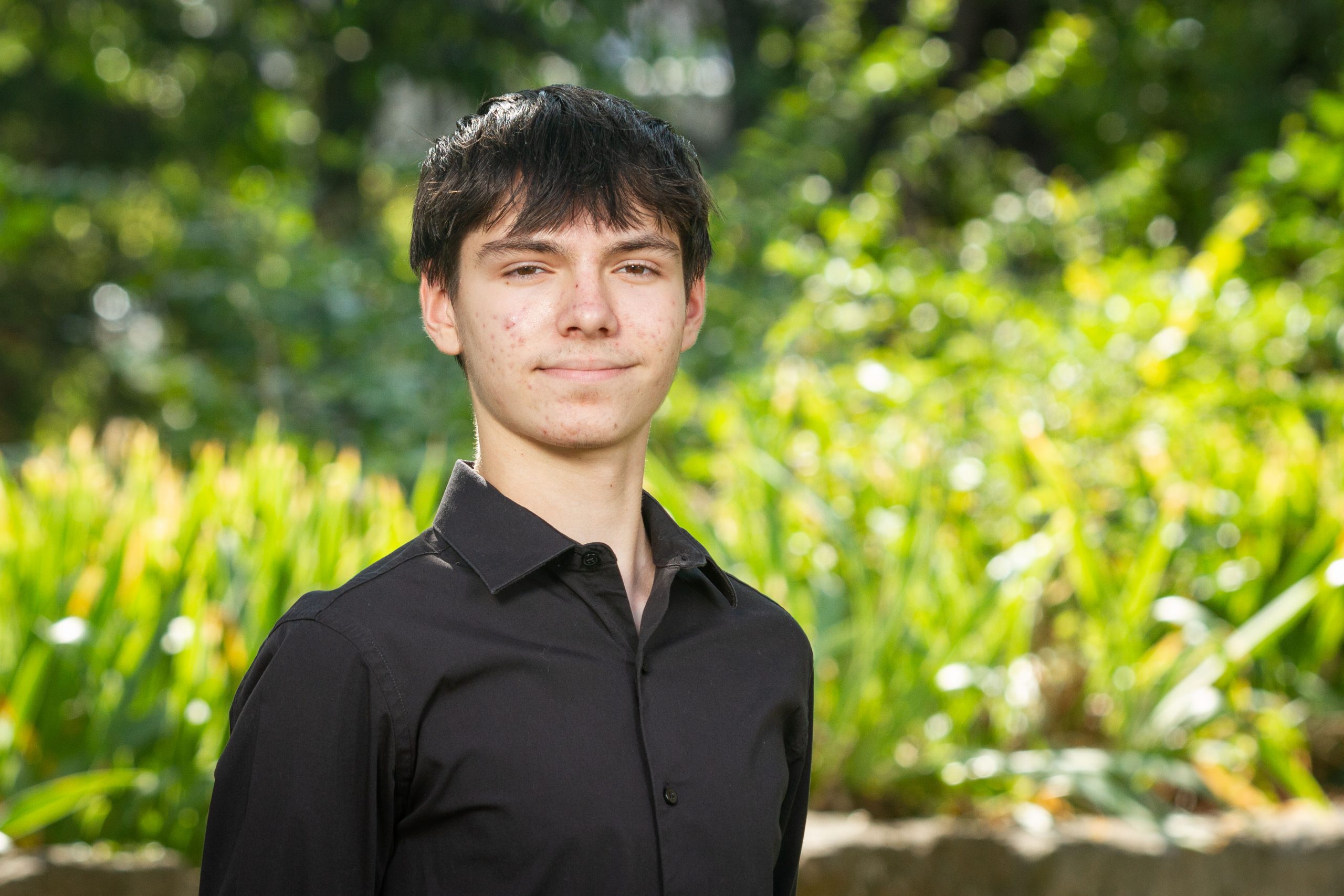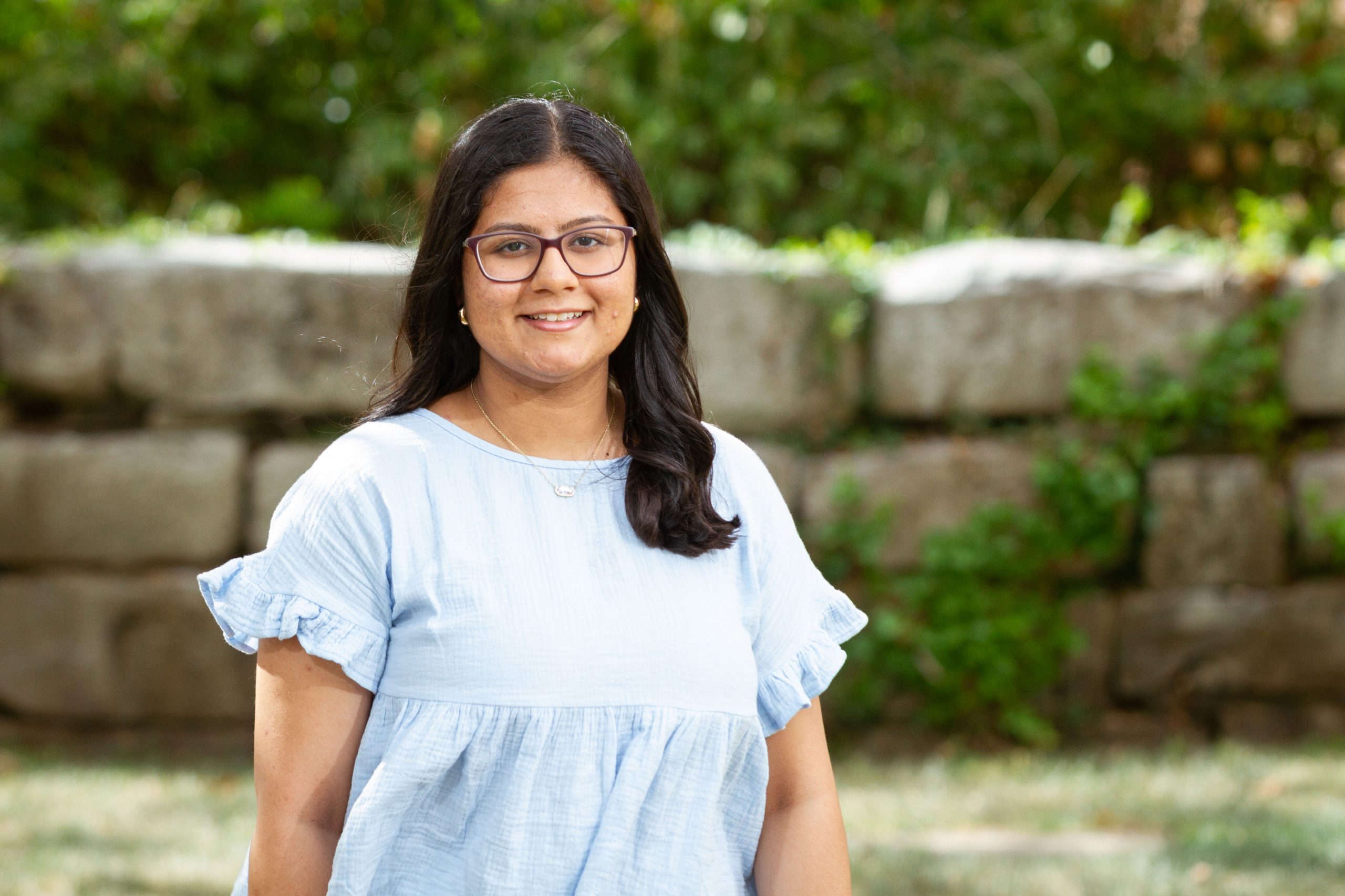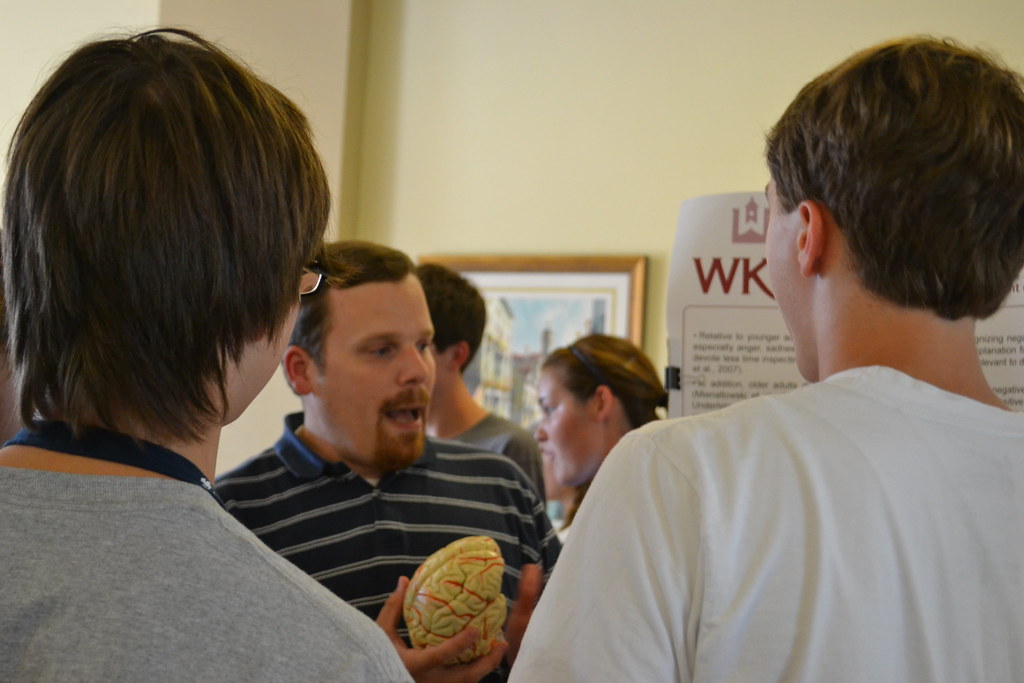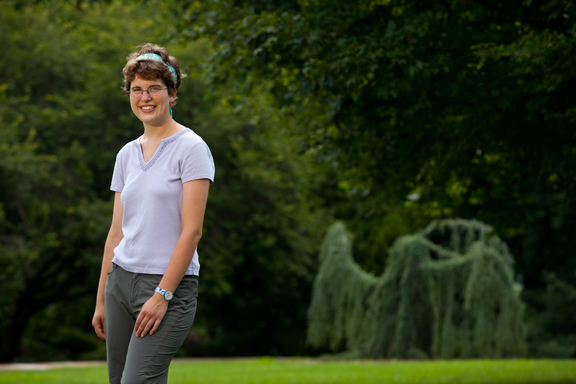Eastes and Brothers Explore Materials Research, Grad School Options at UTSI
August 30, 2011 | Academics, News, People, Research, Students, Summer | No Comments

by Michael Crocker, Academy Avatar
Two students at Western Kentucky University’s Gatton Academy of Mathematics and Science in Kentucky spent time over the summer exploring materials science with advanced medical applications.
Andrea Eastes (’12) and Lydia Brothers (’12) served as student researchers at the University of Tennessee Space Institute doing focusing their explorations on determining the applications of ZBLAN glass in medical fields.
The University of Tennessee Space Institute is a graduate study and research institution with a campus located “practically in the woods” Eastes said. “It was really nice to be around nature all the time.”
Eastes was also glad she “was able to get a little perspective on what grad school is like.” Academy students were part of a seven-week program at the UTSI where they worked alongside graduate and undergraduate students to characterize a particular type of glass ceramic, explained Brothers.
ZBLAN glass, or glass made of Zirconium, Barium, Lanthanum, Aluminum, and Sodium, was the topic of research “because it has capabilities of a storage phosphor which we were working with so that it could be used as an alternative to typical x-ray films,” added Eastes. She went on to explain that this allows the x-ray result to be stored digitally and removes the inconvenience of one-time-use x-ray films.
The research team, which included Eastes, Brothers, and several undergraduate and graduate students, worked with two types of the glass. According to Brothers, they worked to “evaluate how much light would be emitted from each particular sample at a number of different temperatures and percentages of a variable element.”
As well as the research that was done on the trip, Eastes also “really enjoyed getting to meet all the amazing people” on the campus, and she got to do everything from “singing like crazy people on karaoke night” to “canoeing and kayaking.”
Brothers enjoyed the experience as well and said she even got to “sit in on someone’s doctoral defense.”
Eastes says she learned the most about “the physics that is involved with something as simple as glass.” She also found that being able to work with such a variety of machines and being able to decipher the readings a great learning experience.
Both Brothers and Eastes enjoyed learning more about what graduate work will be like and getting to meet and become friends with other people interested in their fields.
